Case Study: Stanley and the Remarkable Story of the Quencher Tumbler
The story of Stanley and its Quencher tumbler is a great story of marketing success–and good luck. The mug is not cheap (the image at…

The story of Stanley and its Quencher tumbler is a great story of marketing success–and good luck. The mug is not cheap (the image at…
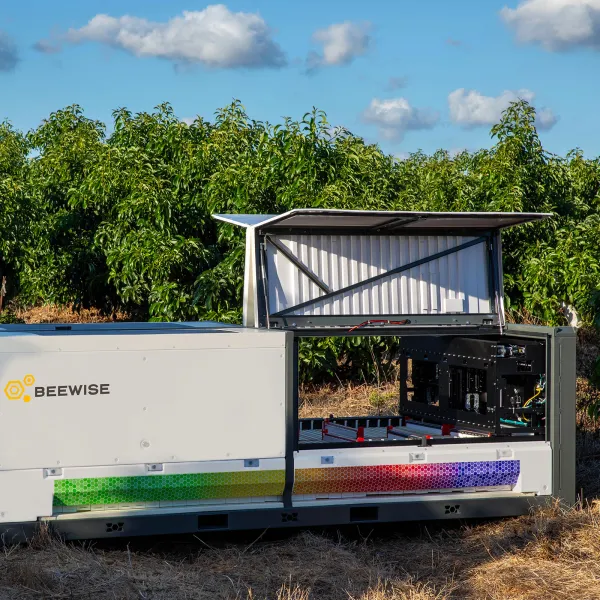
Are you searching for some fun new examples to use in class? Innovation and new products are an important outcome of good marketing. The Time…

Artificial intelligence (AI) is on the precipice of radically enhancing customer service and business operations. Zack Kass, in a recent article on MarketWatch, describes the…

Starting with Steve Jobs, Apple has always been masterful at telling stories to position its brands. In recent years Apple has sought to position its…
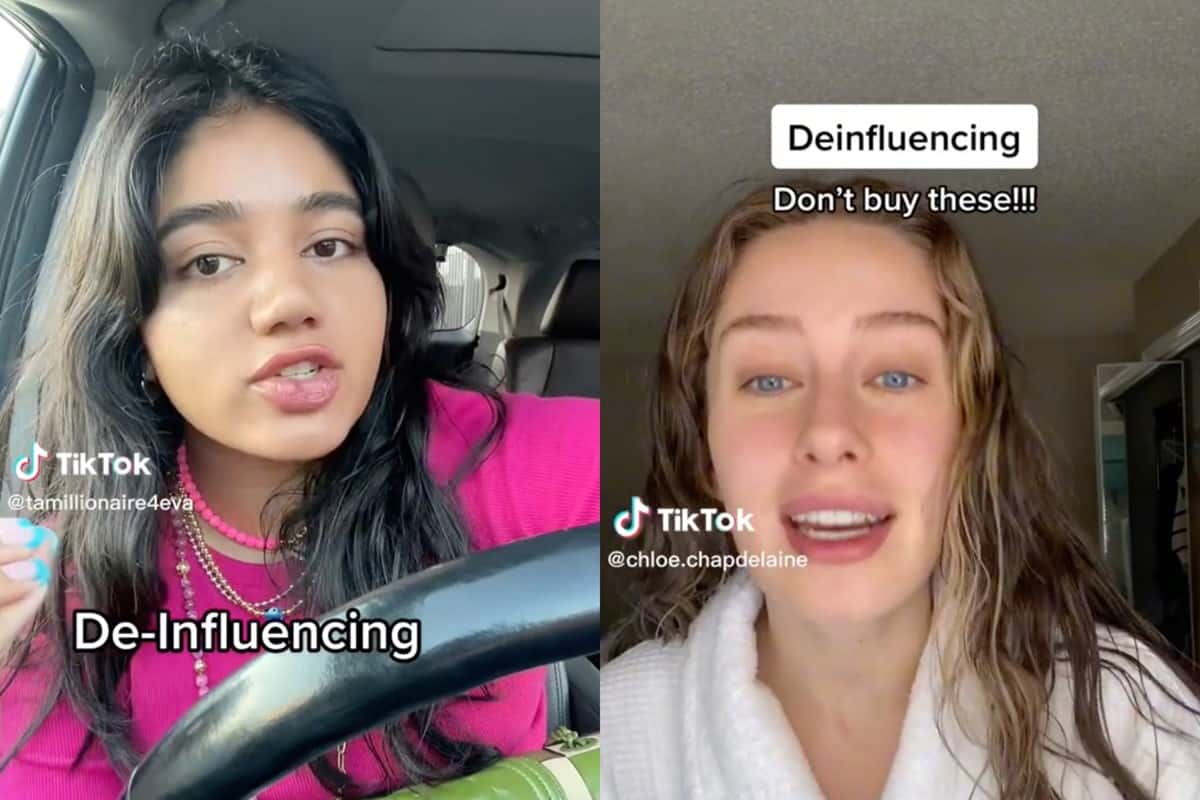
Before seeing this CNN article, “Forget the influencers. Here come the ‘deinfluencers’” (June 11, 2023), I was unfamiliar with “deinfluencers.” Apparently this is a growing…
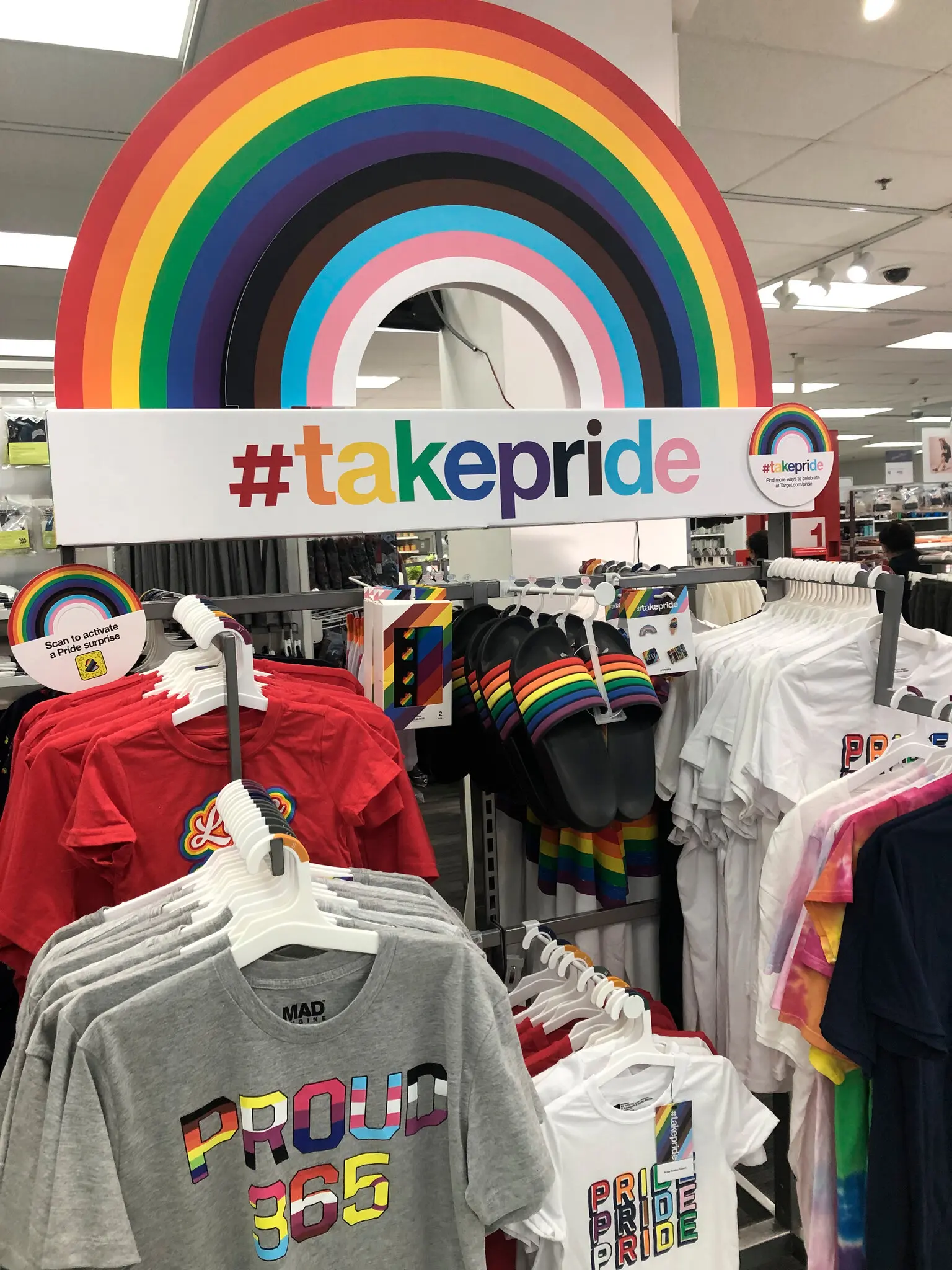
We open our textbook with the Nike-Colin Kaepernick case study. The case study shows how Nike’s support of Kaepernick (in spite the quarterback’s controversial position…
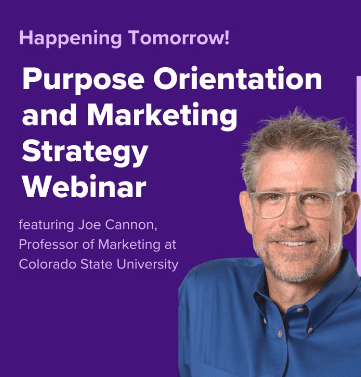
Back in March, 2023, I made a presentation on some research I have been doing with two of my colleagues at Colorado State University. The…
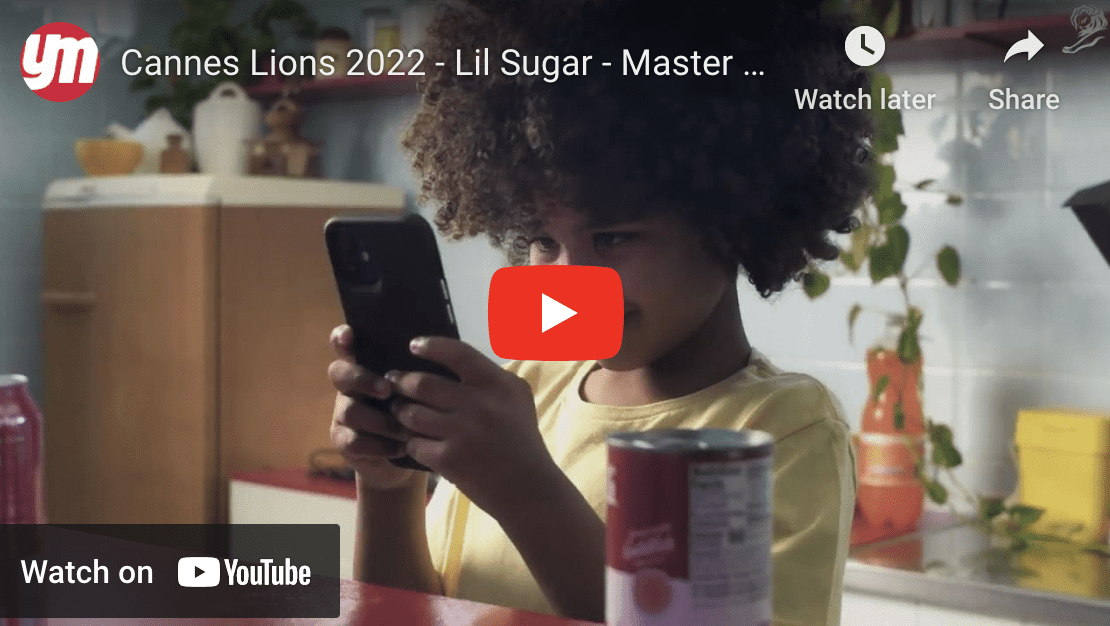
Part of my YouTube PowerPoint collection. This type of video we call a “Case Study” because it includes some details about a promotion. Lil Sugar…
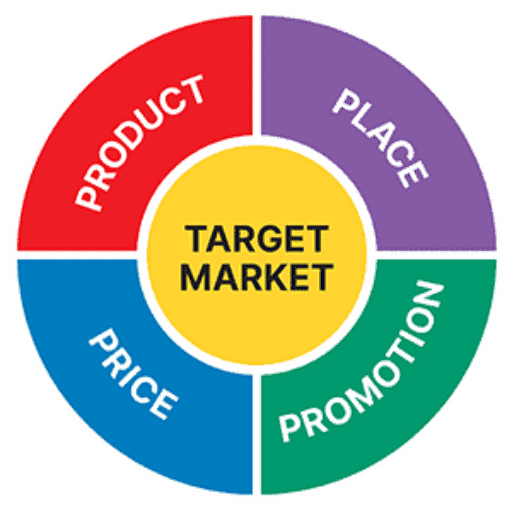
Toxic Influence: A Dove Film – Dove Self-Esteem Project https://youtu.be/sF3iRZtkyAQ (3:48). Good tie-ins with Chapters 1 (#M4BW), 3 (mission statement), 4 (positioning) and C19 (#M4BW)….